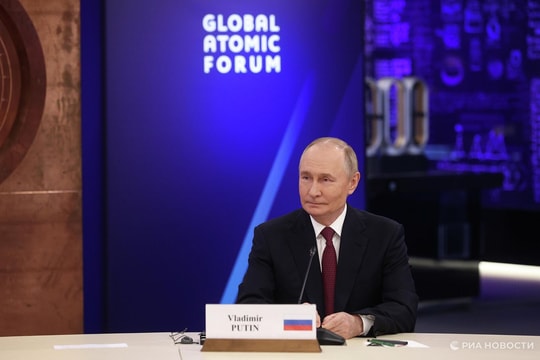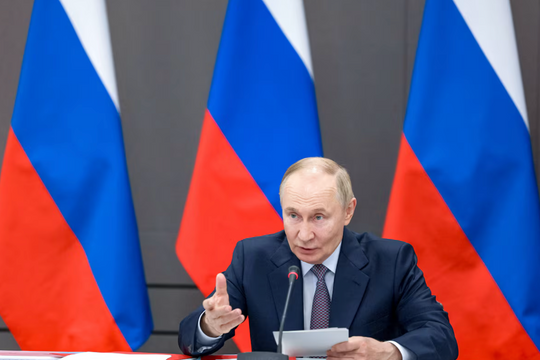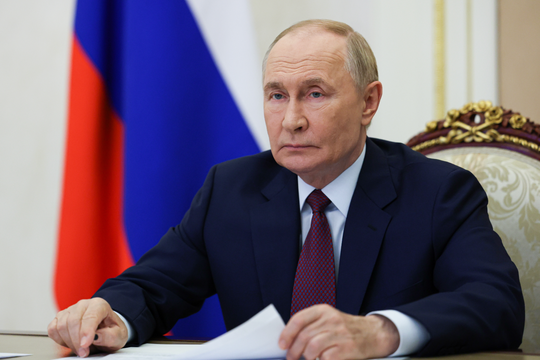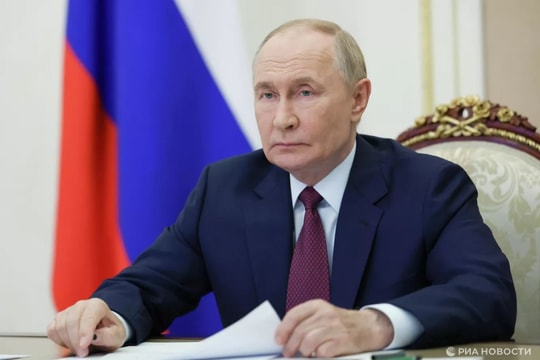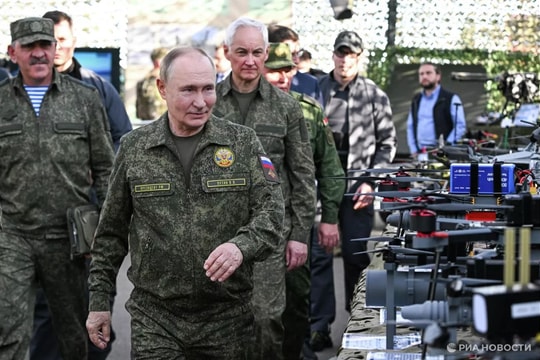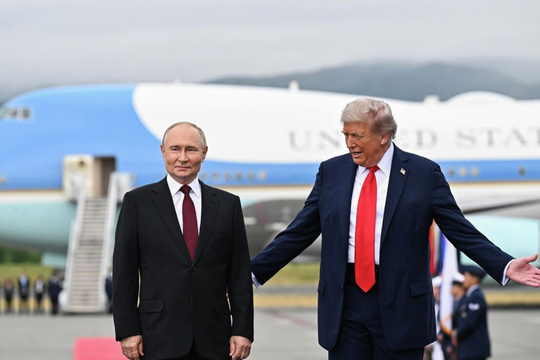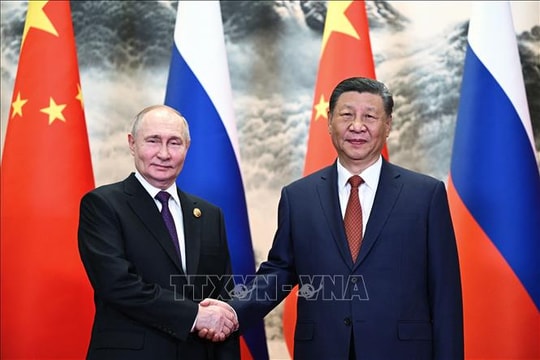Libya and Yemen 'call for help', is Russia ready for another war?
Leaders of influential armed movements in Libya and Yemen have asked Russian President Putin to intervene to help resolve the crises devastating the two countries.
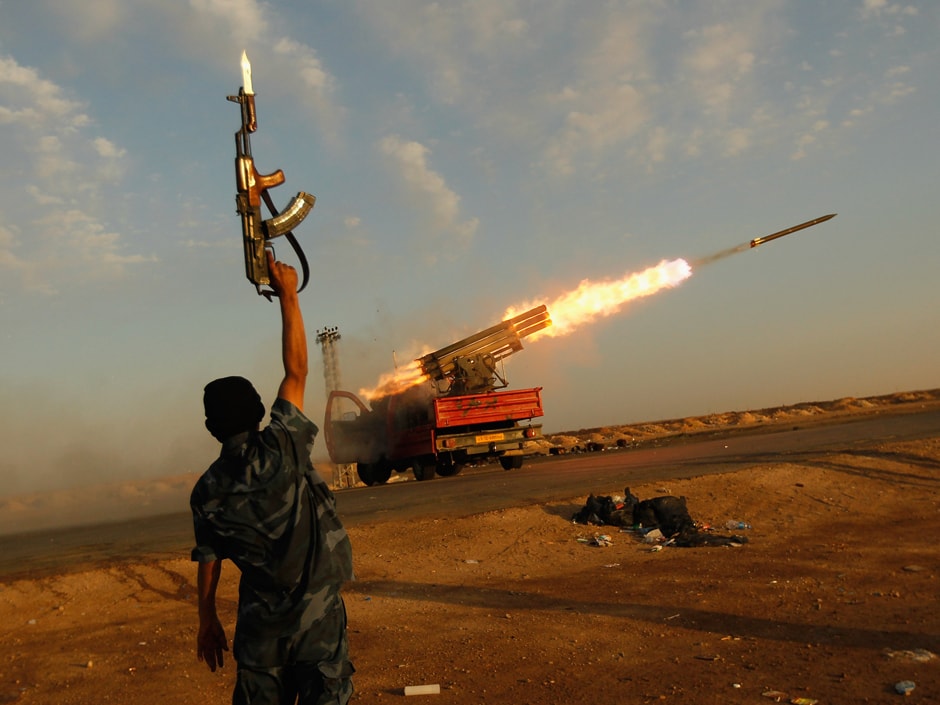 |
| Conflicts are tearing Libya apart following the departure of leader Qaddafi. Photo: Getty Images |
The "bitter" outcome of the Arab Spring and Russia's opportunities in the Middle East
A spokesman for the self-styled Libyan National Army (LNA), led by General Khalifa Haftar and representing one of two rival factions seeking to take control of the country, said Russia’s support is needed to better equip the LNA and help form a national unity government. “The LNA is now fully armed with Russian weapons and applies Russian military doctrine, so Libya needs Russia more and more in the fight against terrorism,” LNA spokesman General Ahmed al-Mesmari said in a statement to Sputnik on August 8.
Under former leader Qaddafi, Libya and Russia maintained strong military ties, but those ties broke down after the 2011 Western-backed uprising, followed by UN sanctions banning arms sales to Libyan armed forces (to which Russia was an affected arms exporter).
The 2011 Arab Spring sparked protests that toppled many leaders in the Middle East and North Africa, but ended with a wave of instability and foreign military intervention that many countries, including Libya, are still reeling from. This has also forced Moscow to adopt a more assertive approach to the Middle East, challenging US and Western influence there.
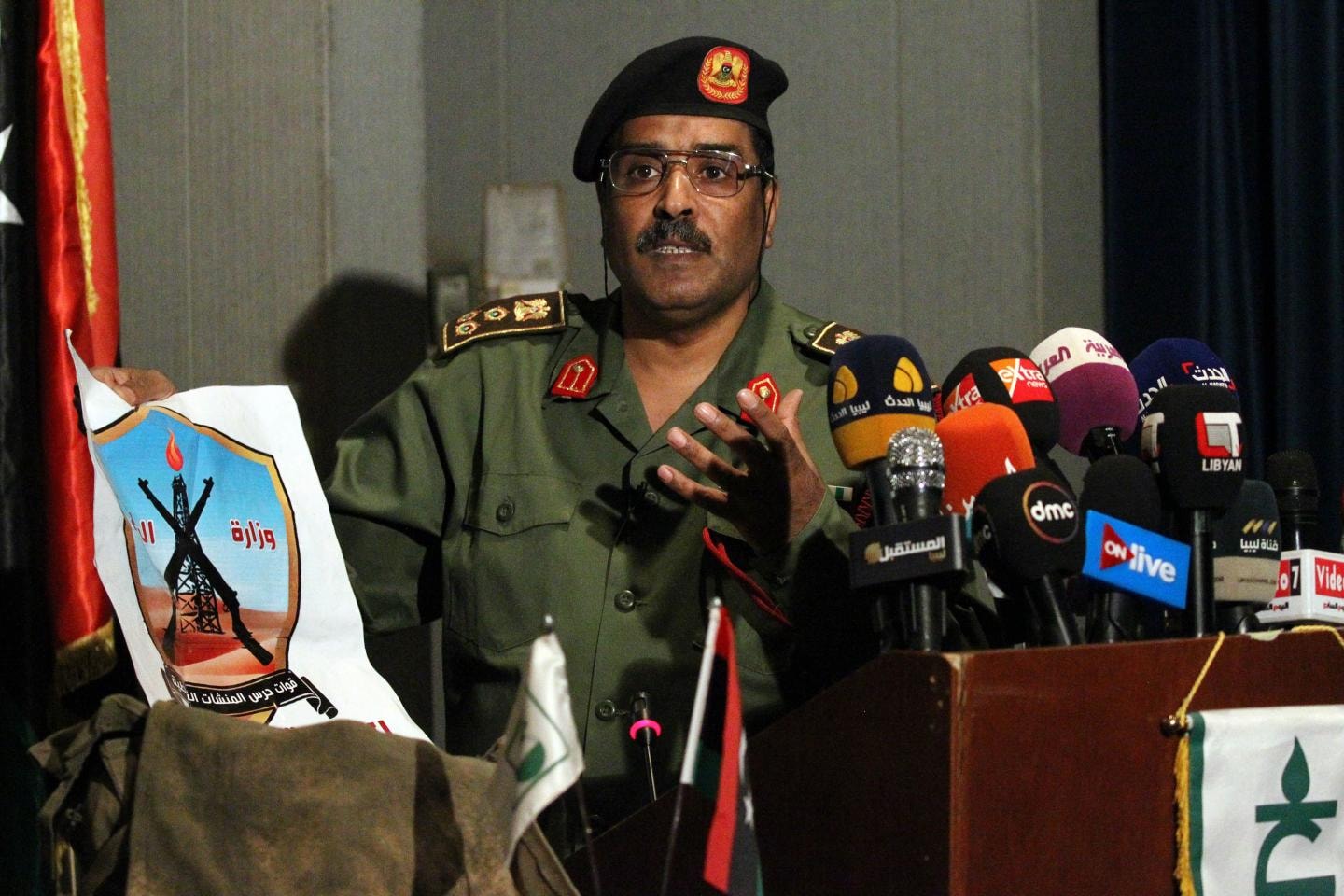 |
| The spokesman for the self-styled Libyan National Army (LNA), General Ahmed al-Mesmari, speaks during a press conference in Benghazi on June 21. |
LNA leader General Khalifa Haftar is now seen as the Russian-backed figure to lead a country torn by war since leader Qaddafi was overthrown in 2011.
Qaddafi’s departure and death have led to a power struggle, dividing the country between two main factions, and creating an opportunity for ISIS and tribal terrorists to flourish. General Haftar’s LNA represents the Libyan National Assembly based in Tobruk, eastern Libya, and Qaddafi-era military leaders have won Russian support for their victories against jihadists.
However, the United Nations supports the Coalition Government of National Accord (GNA) in Tripoli in the west of the country. International powers want to reconcile the two "governments" and Russia has pledged to play a leading role in finding a solution. Having seen Russia help Syrian President Bashar al-Assad regain control of the seven-year civil war, Mesmari said Moscow's support would be useful for the LNA.
“We know that Russia is one of the countries that is very active in the fight against terrorism, for example, with what is happening in Syria. We have good relations, almost all officers and former officers in the Libyan army have been trained in Russia,” Mesmari said, stressing the need to end the UN ban on supplying weapons to Libya. He also added: “The Libyan issue requires the involvement of Russia and President Putin, the elimination of external factors, such as Turkey, Qatar, especially Italy. Russian diplomacy should play an important role in this issue,” he said.
The Syrian army’s victory has given Russia a strong foothold in the Mediterranean, which is a strategic NATO area. Moscow may be looking to increase its presence in this strategic region. Russia has maintained links with both Tobruk and the government in Tripoli, but has particularly supported Haftar in recent years to counter the Western-backed option in Tripoli.
Russia increases role in resolving Yemen crisis
More than 2,000 miles away, Yemeni rebels following the 2011 Arab Spring also called on Russia for help. Mass protests forced President Abdullah Hadi to resign in 2012. He was replaced by President Mansour Hadi, who is facing off against Houthi rebels, known as Ansar Allah. The Houthis took full control of the capital Sanaa in 2015, while Saudi Arabia, with the support of a U.S.-backed regional coalition, began bombing the rebels to restore Hadi to power.
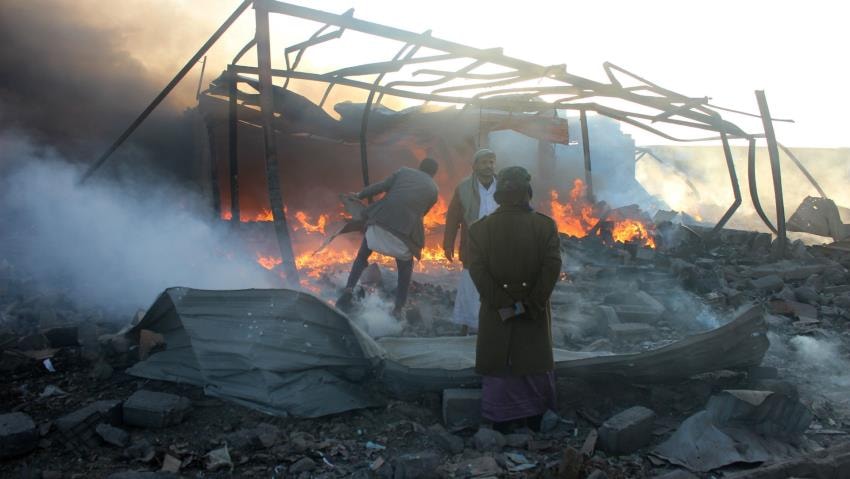 |
| The Houthi movement is said to be gathering fighters to the front line of the conflict with government forces in the Red Sea port city of Al-Hodeidah. |
Last month, the head of Yemen's Supreme Political Council (which supports the Houthi rebels), Mahdi al-Mashat, wrote a handwritten letter to President Putin, expressing his desire to strengthen relations between the two governments as well as hoping that Moscow would play a leading role in stopping the attacks by the Arab coalition and ending the world's worst humanitarian crisis in Yemen.
While not intervening in Yemen, the Russian Foreign Ministry warned in June that attacks on the city of Hodeida would have catastrophic consequences for the entire Yemen.” Russia has also vetoed a UN Security Council resolution that would have sanctioned both Syria and Iran for supplying weapons to the Houthi rebels.
No world power is currently willing to step up and play a role in restoring peace in Yemen, and this is seen as an opportunity for Russia. Since the beginning of the conflict, Russia has closely followed the situation in Yemen and sees itself as a potential leading mediator in resolving the crisis.
In January 2018, Russian Foreign Minister Sergei Lavrov said a diplomatic solution was needed to end the war in Yemen. Moscow was ready to contact all sides to help promote a political dialogue. Last week, Lavrov also called on the international community to support a broader dialogue with all sides.
Russia's veto of a UK-drafted Security Council resolution on Yemen – which was seen as too tough on Iran and the Houthis – shows that Russia is taking a more direct stance on Yemen.
Meanwhile, US intelligence has been tracking signs that Moscow may soon build a military base in Yemen.

